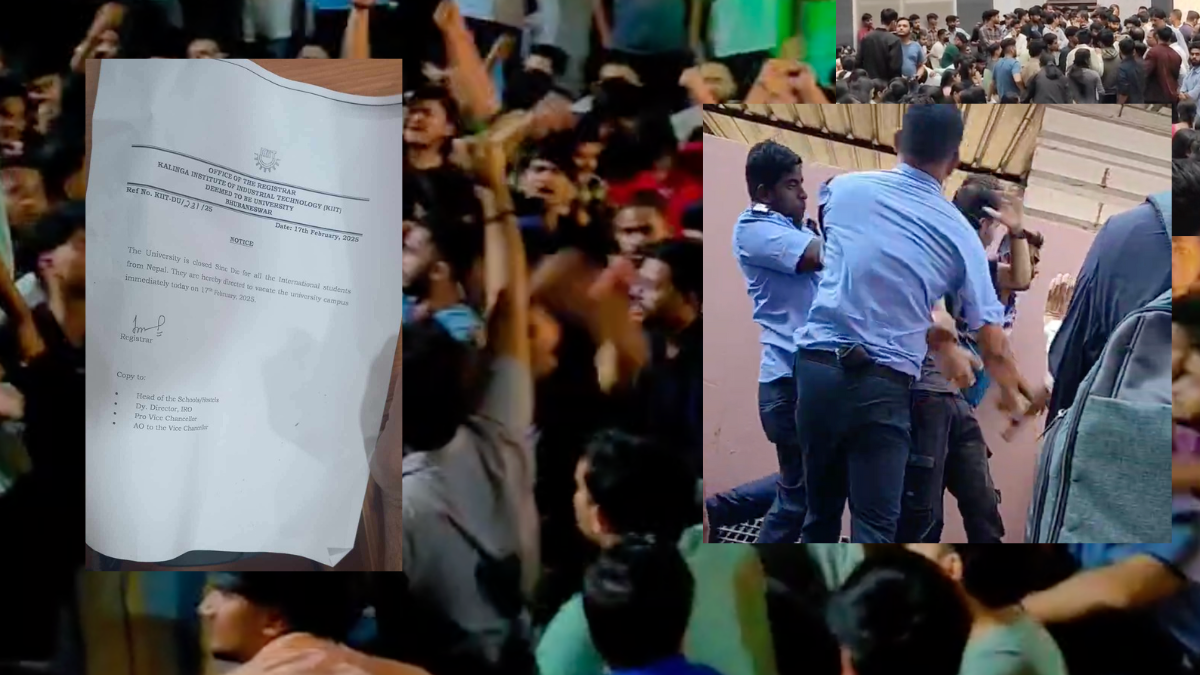The Kalinga Institute of Industrial Technology (KIIT) in Odisha, India, has come under fire for expelling more than 4,000 Nepali students following protests over the death of a Nepali student on campus. The controversial decision has sparked outrage and raised concerns over the safety and rights of international students.
The incident began after the tragic death of Prakriti Lamsal, a third-year B.Tech student from Butwal, Nepal. Reports indicate that Lamsal died by suicide after allegedly facing persistent harassment from an Indian student. Nepali students at KIIT claim they had previously lodged complaints against the accused, but the university administration failed to take action.
Following Lamsal’s death, Nepali students staged peaceful protests demanding justice and accountability. However, instead of addressing their concerns, the university issued a notice ordering all Nepali students to vacate the campus immediately. A circular from the registrar’s office stated that the university was “closed” for all Nepali students, effectively forcing them out overnight.
“We were peacefully demanding justice, but instead of listening to us, they expelled all of us,” a protesting Nepali student told Kantipur Daily. “Security guards even beat those who refused to leave.”
More than 500 students were taken to railway stations in Bhubaneswar and Cuttack, yet with the next train to Nepal not available until Thursday, many now find themselves stranded with nowhere to go.
Meanwhile, Indian police have arrested the student accused of harassing Lamsal and launched an investigation into her death. The Nepali Embassy in New Delhi has also intervened, urging the university to ensure the safety of Nepali students.
“As soon as we were informed, we contacted the university administration and demanded immediate protection for Nepali students,” said Surendra Thapa, deputy chief of mission at the Nepali Embassy.
KIIT released a statement suggesting Lamsal’s death was linked to a romantic dispute, a claim strongly refuted by her friends. “This isn’t about a relationship,” said a protesting student. “This is about harassment and negligence by the university.”
The mass expulsion of Nepali students has sparked widespread condemnation. Human rights activists and Nepalese authorities have called it a blatant violation of student rights. Critics argue that instead of addressing the issue, the university chose to silence those demanding accountability.
Security has been tightened at the university, and Lamsal’s hostel room has been sealed. Her grieving family is traveling to India, seeking answers and justice.
In a late development, KIIT issued a revised notice stating that Nepali students who wish to stay may remain in the hostel. However, many students say the damage has already been done, and trust in the institution has been severely eroded.
The incident has raised serious questions about the treatment of international students in India. As investigations continue, pressure is mounting on KIIT to justify its actions and ensure justice for Prakriti Lamsal.


